The Lab of Conservation Ecology is a multi-faculty lab, united around the theme of ecological conservation in the Southwest. Because solutions-oriented conservation research is inherently interdisciplinary, all researchers interested in this topic are invited to participate in lab meetings! The lab includes students, researchers, and faculty using techniques from field ecology to social sciences to spatial modeling to address important conservation questions.
Drs. Clare Aslan and Sara Souther are the primary investigators in the Lab of Conservation Ecology.
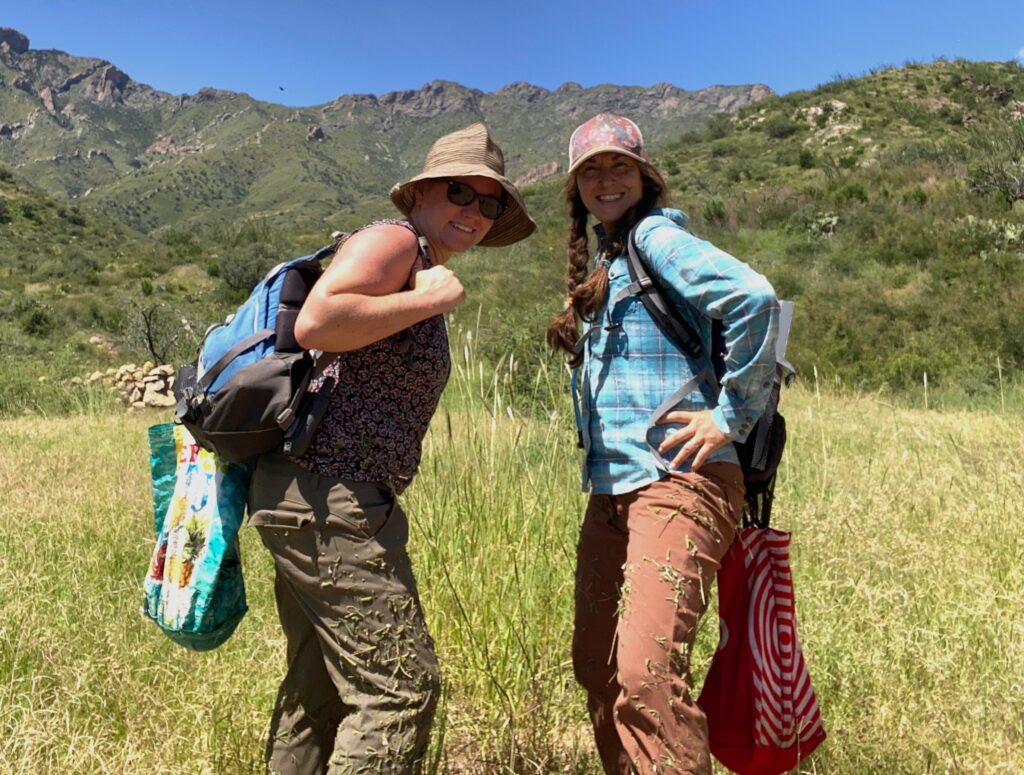
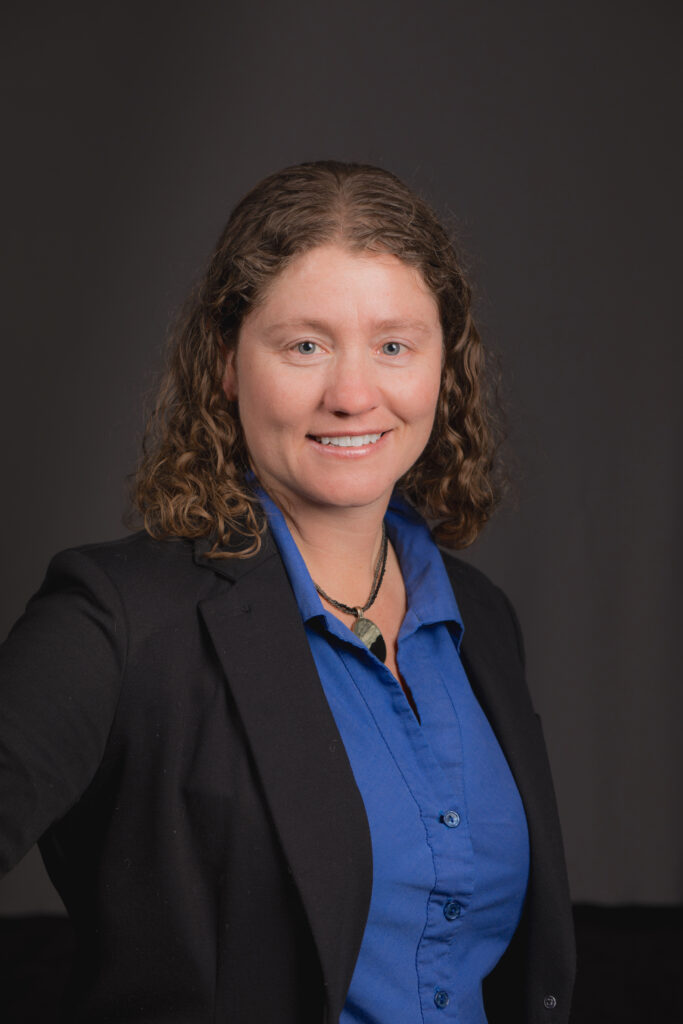
Clare Aslan, PhD
Associate Director and Associate Professor, School of Earth and Sustainability
Co-Director, Center for Adaptable Western Landscapes
Dr. Clare Aslan is a community ecologist and conservation biologist, interested in the ecology and conservation of species interactions and how dynamics at the interaction level can scale up to the full community level. She is passionate about solutions-oriented research. Dr. Aslan’s research interests include the community implications of species interaction disruption via climate change and biological invasions, as well as the effects of environmental change on coupled natural-human systems. Clare obtained her PhD from the University of California, Davis, and completed a Smith Conservation Postdoctoral Fellowship at the University of California-Santa Cruz.
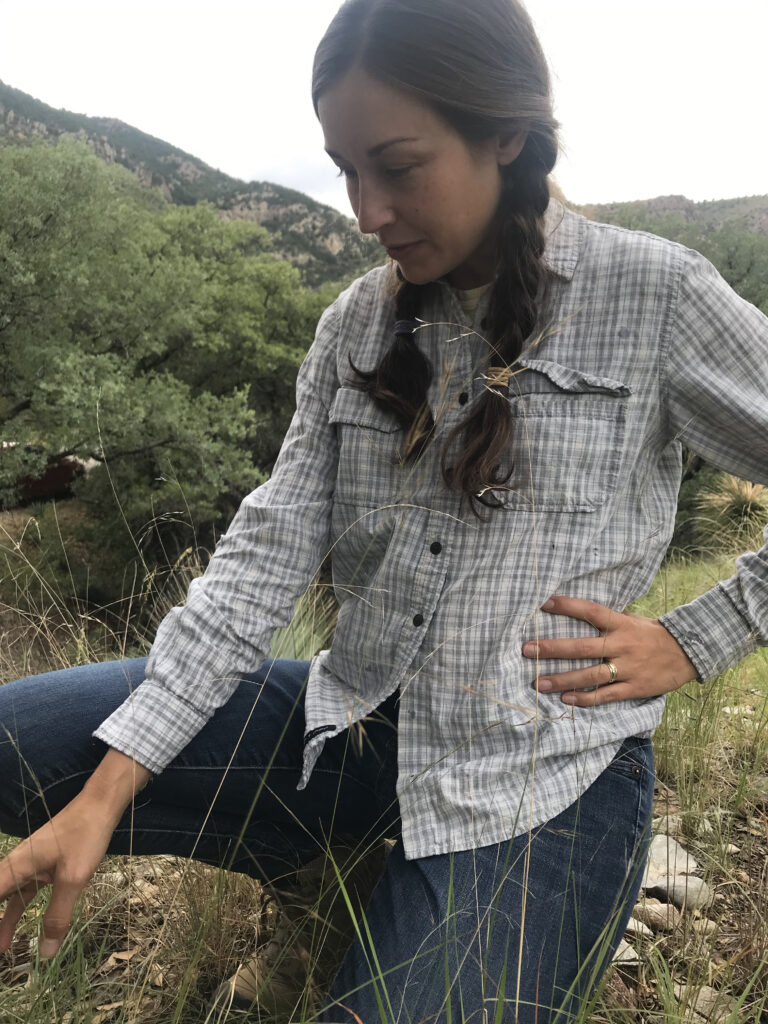
Sara Souther, PhD
Assistant Research Professor, School of Earth and Sustainability
Core member, Center for Adaptable Western Landscapes
Key research themes: Plant population ecology, ethnobotany/Traditional Ecological Knowledge (TEK), global change biology
Dr. Souther is a plant ecologist and conservation biologist, who studies the structure and dynamics of human-environment interactions. Dr. Souther uses a variety of tools, including demographic and spatial modeling, experimental plantings and common garden construction, and innovative statistical analysis to identify behaviors or management structures that promote resilient ecosystems. The long-term mission of this multidisciplinary and collaborative work is to provide information to conserve ecological systems, as well as the diversity of human interactions with these systems, in a time of rapid anthropogenic change.
AFFILIATED FACULTY & STAFF
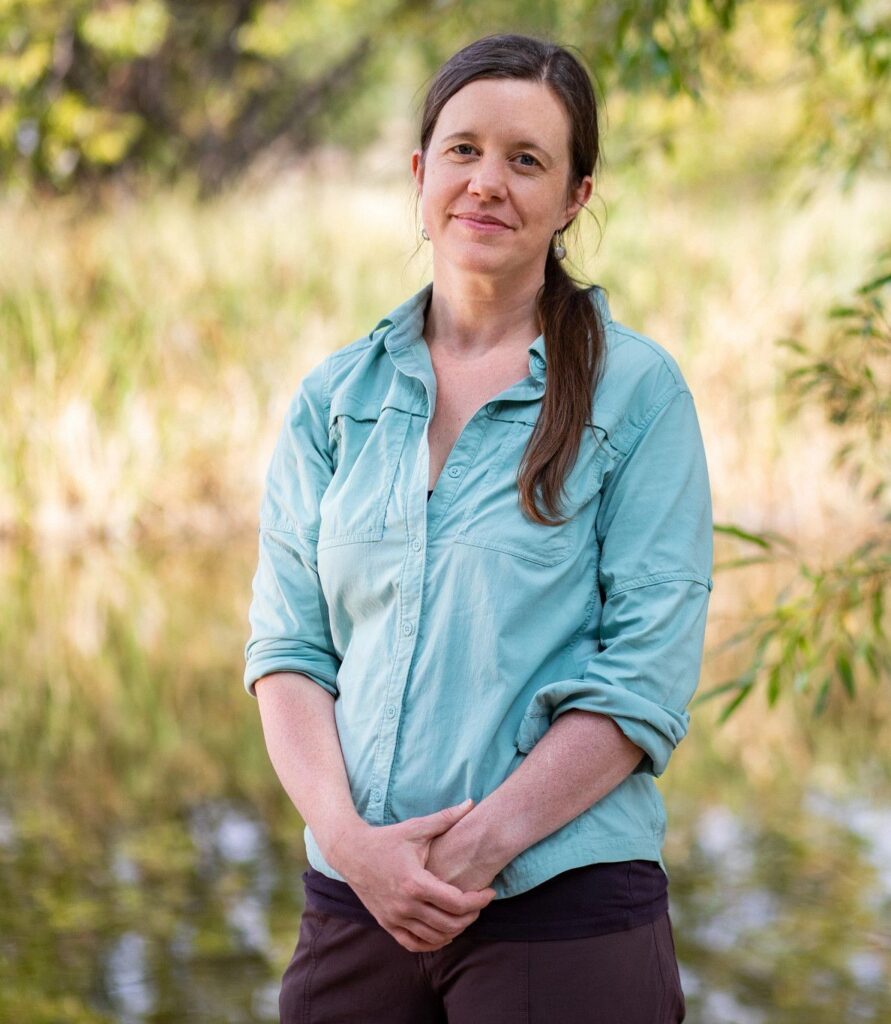
Rebecca Best, PhD
Assistant Professor, School of Earth and Sustainability
Center for Adaptable Western Landscapes
Rebecca Best is an affiliate of the Center for Adaptable Western Landscapes and an assistant professor in the School of Earth and Sustainability. She is an aquatic community and evolutionary ecologist interested in the processes that determine the number and type of species coexisting in a particular community, and the way those communities function. Her lab works on the effects of climate on aquatic connectivity, species distributions, and the ecology and evolution of riparian tree traits.
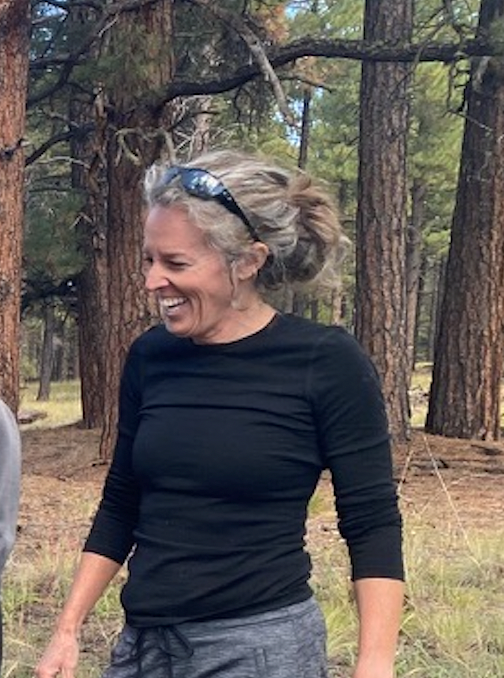
Karen Haubensak, PhD
Associate Research Professor, Department of Biological Sciences
Center for Adaptable Western Landscapes
Karen is a terrestrial biologist interested in how species interact in communities and ecosystems. She is particularly interested in practical questions about restoration success in challenging environments.
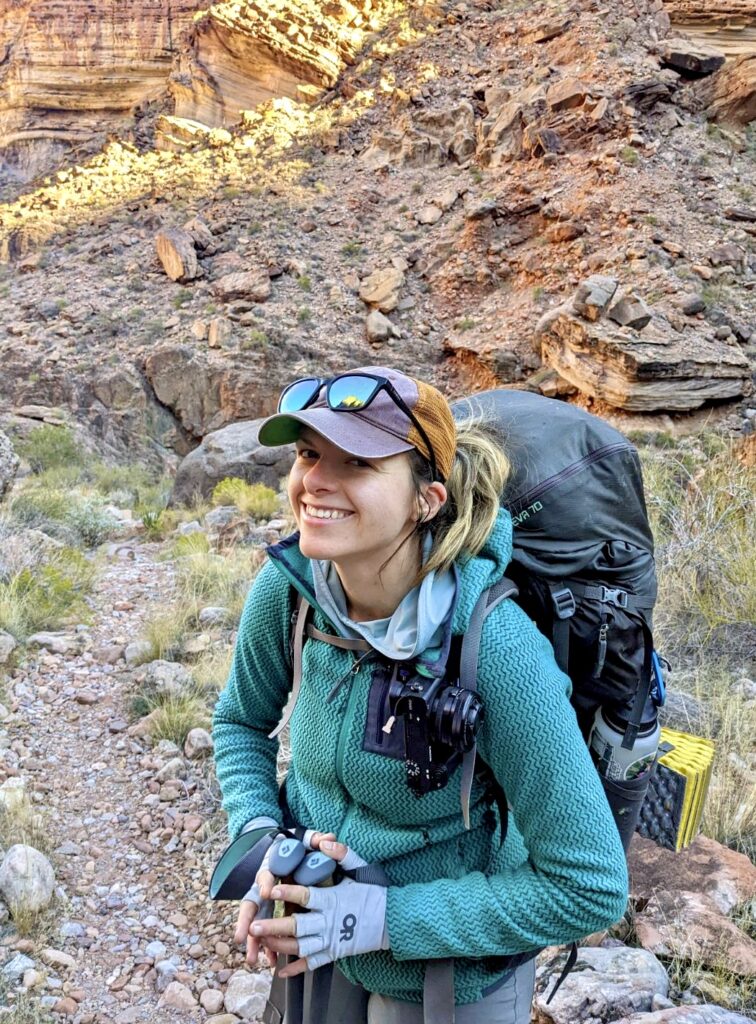
Morgan Andrews
Staff, Research Technician
Center for Adaptable Western Landscapes
Morgan is a research associate who aids Drs. Sara Souther and Clare Aslan, and associated graduate students in their ecological endeavors. She has a passion for the outdoors and ecology of the southwest. Morgan has her BA in Environmental Sciences from Northern Arizona University and aspires to continue work in conservation through photography and imperative field work. In her off time she enjoys many things such as backpacking and volunteering for the Coconino County Search and Rescue Team.
CURRENT STUDENTS
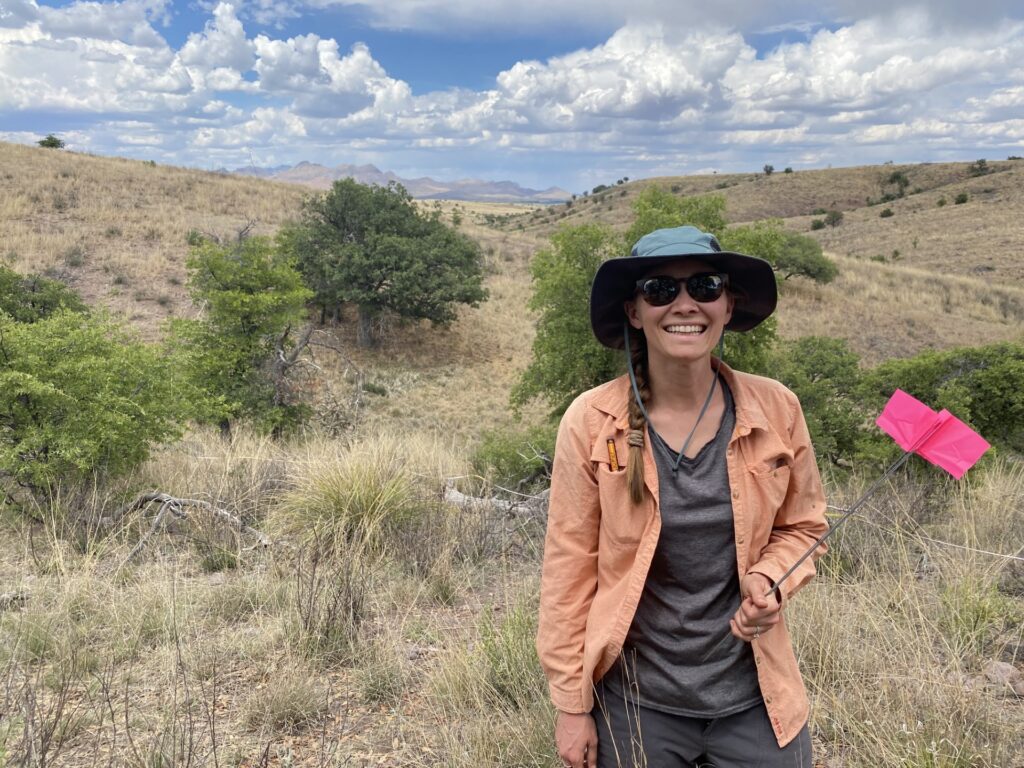
Laura Nicholson
PhD candidate in the School of Earth & Sustainability with a concentration in Ecology, Evolution and Conservation Biology
Laura is a PhD student working with Dr. Sara Souther to explore factors influencing Emory oak decline and resilience to inform restoration efforts for this species. Laura is originally from Minnesota, and like most ecologists, grew up loving the outdoors. After watching the climate crisis worsen, she developed a deep desire to try to do something about climate change. Laura is particularly interested in ecological restoration for species of ecological or cultural importance (such as the Emory oak) and to understand the effects of the changing climate on imperiled species. Laura obtained her B.S. in Ecology and Evolutionary Biology from Rice University and her Masters in Wildlife Ecology and Conservation from the University of Florida where she explored the effects of Everglades restoration on an endangered bat species. When Laura isn’t in the field counting trees or behind her desk looking at numbers, she enjoys running with her dogs and baking bread!
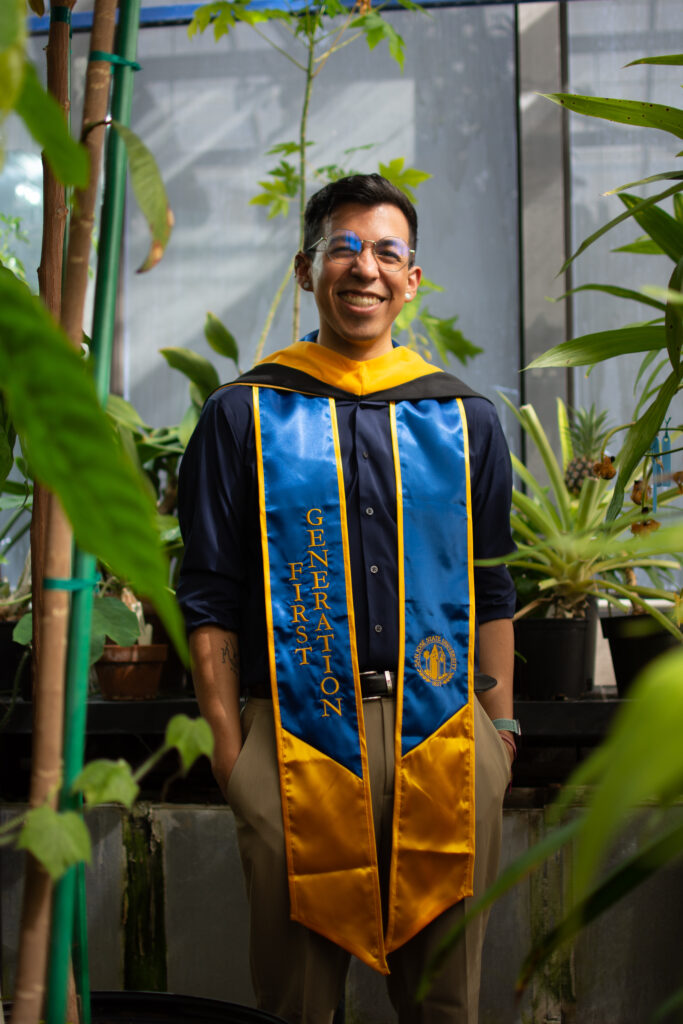
DJ Soriano (he/him)
PhD candidate in Biological Sciences
DJ Soriano is a PhD student with a Master’s in Science Education and five years of experience teaching science at the middle and high school levels. His research interests include science education, soil and plant ecology, and species conservation. DJ aims to engage K-12 schools in the Flagstaff area to help gather data for his research, both in the lab and in the field, promoting a sense of belonging in science for students who may feel disconnected from the subject. In his free time, he enjoys playing video games (especially Pokémon and Overwatch), gardening, watching documentaries, and rewatching “The Office” and “Bob’s Burgers.”
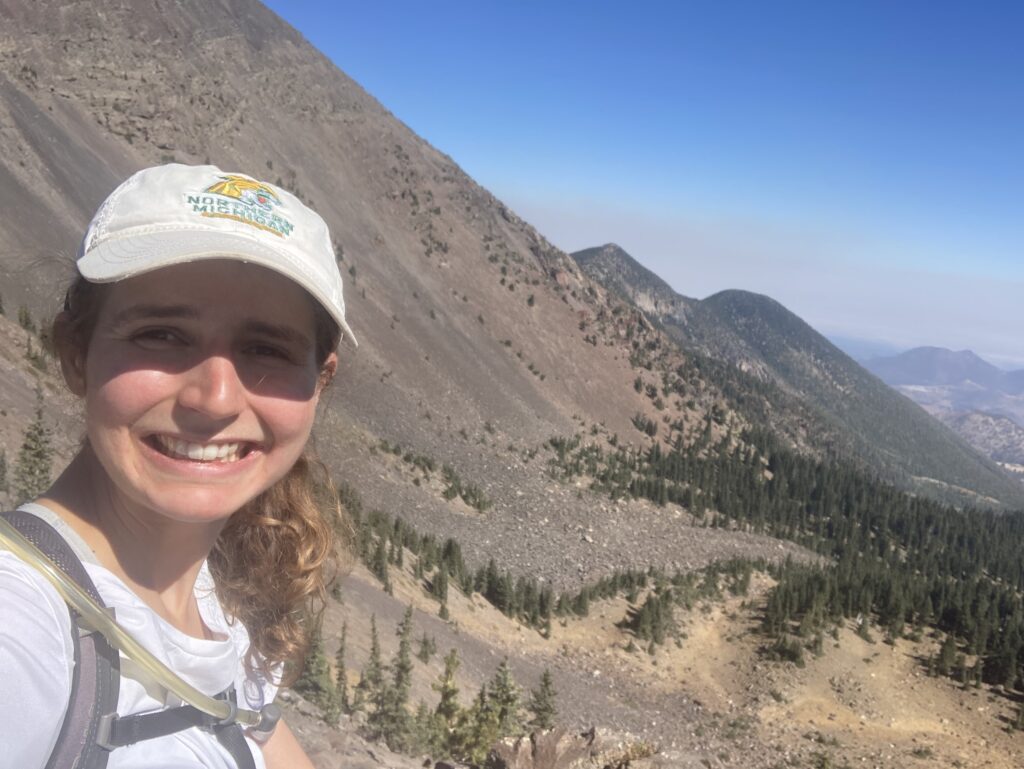
Megan Quinn
MS Biological Sciences
Megan is pursuing her MS in Biology and Certificate in Environmental Narrative. She has an interest in both conservation science and science communication. Her research focuses on how wildfire affects pollinator resources, and how narrative can be used to communicate risk perception of wildfire. In her free time, she enjoys skiing, mountain biking, reading, and writing.
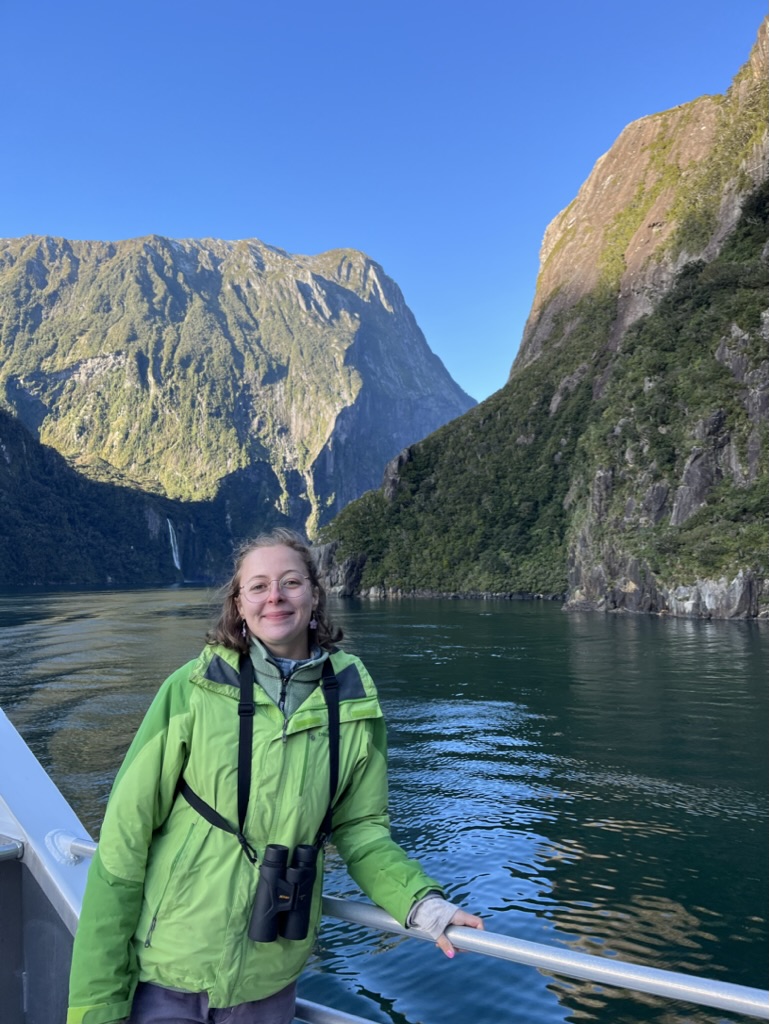
Kara Fox
MS Environmental Sciences & Policy
Kara is a current MS Environmental Science & Policy student. Growing up on the east coast, she discovered her first love, Long Leaf Pine trees. After college, Kara moved out west, where she discovered her curiosity for landscape ecology and botany. Her current interests are plant communities in the Southwest and their interactions with climate change, fire and other disturbances. For her thesis, she is studying plant communities in Piñon-Juniper woodlands in Bandelier National Monument, in northern New Mexico. When Kara isn’t skiing, birding or playing Wingspan, you can find her in her office.
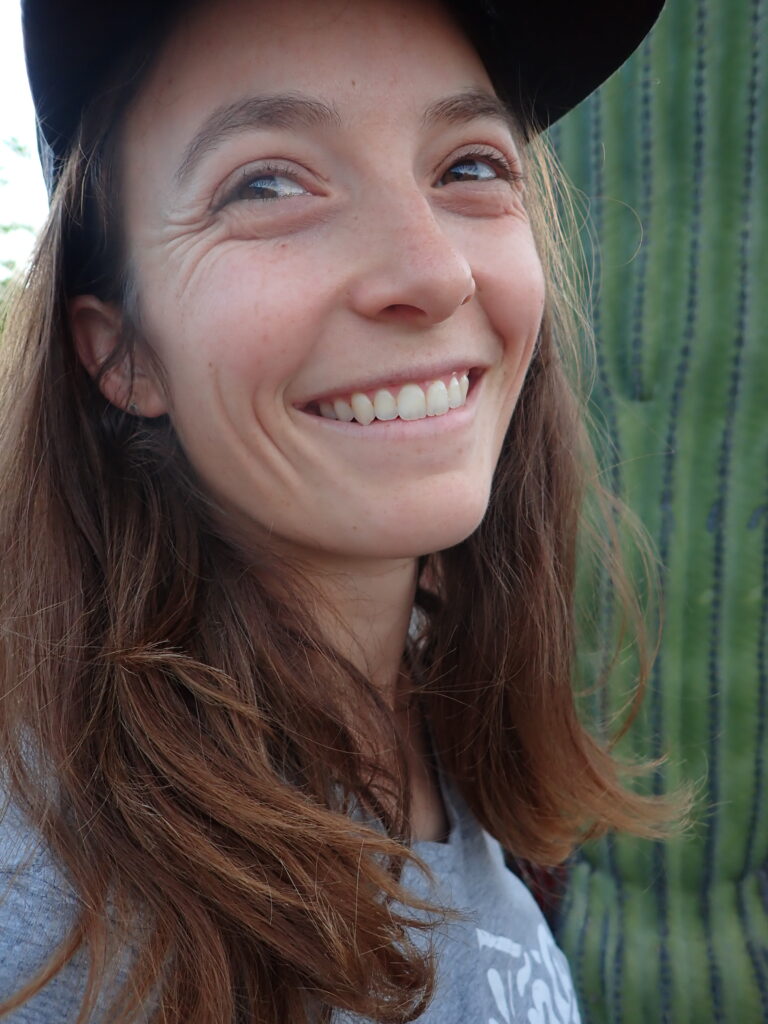
Carly Pierson
MS Environmental Sciences & Policy
Carly Pierson hails from Durango, Colorado where she grew up hiking and running in the San Juan Mountains. These experiences curated a curiosity and love of the natural world, and an interest in the interactions between people and their home ecosystems. Carly has a BA in Environmental Studies and a minor in Anthropology from Cornell College. She worked as a Peace Corps Volunteer (Paraguay 2017-2019), an ecological monitor, and a garden/ecology teacher. Her research focuses on the effects of drought on Emory oak, pinyon pine and Douglas-fir, and also explores the connections of Western Apache Tribes to the Emory oak as a valuable cultural resource.
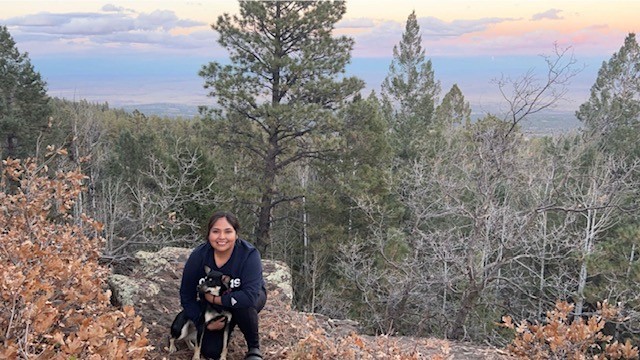
Kayla Tanabah Yazzie
M.S. in Biology; Ecology, Evolution, and Conservation Biology emphasis
I am a current MS student at Northern Arizona University in the Biological Sciences program. I graduated in 2022 at Fort Lewis College with my B.S. in Environmental Science. One of my goals within the program and in research is to incorporate Traditional Ecological Knowledge into my study. Being out in the field has peaked my research interest in botany, plant physiology, mycorrhizal fungi, soil science, bacteria, biological and ecological restoration. For my MS thesis I will be looking at AM fungi in maize fields that will focus on the microbiome of maize roots in low and high-input agricultural fields. In my free time, I love to be outdoors with my dog!
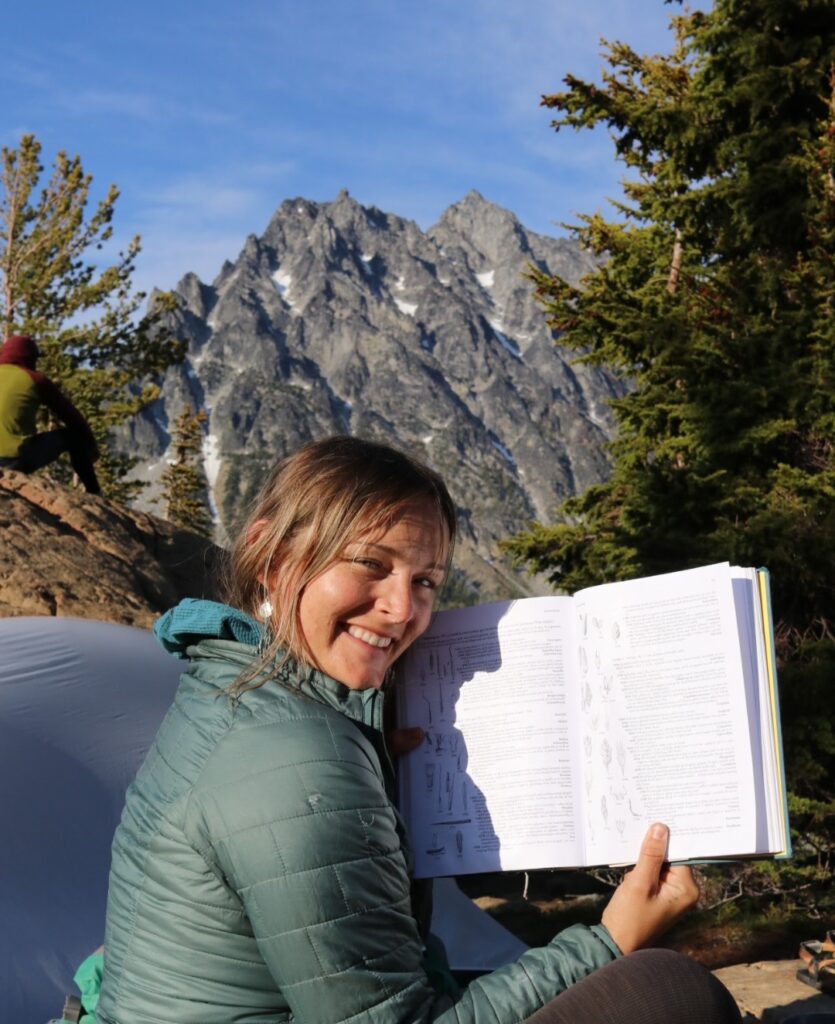
Hanna Ryder
MS Environmental Science & Policy
Hanna was born in the Southwest and is a NAU alumni. In desert canyons and mountains she developed her love and passion for botany and ecology. She has a current interest in the effects of climate and disturbance on arid plant communities. She plans to pursue a career as a plant ecologist.
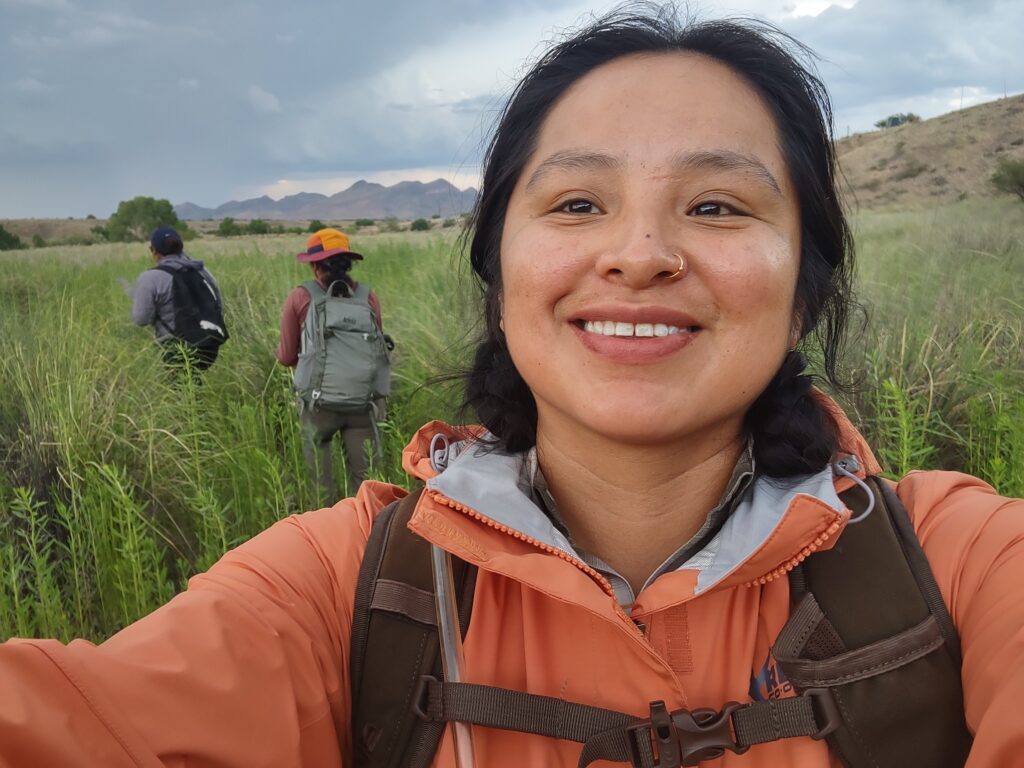
Shawna Woody
Post-baccalaureate Research Fellow
Shawna Woody is a post-baccalaureate research fellow in the Research and Mentoring for post-baccalaureate (RaMP) program at Northern Arizona University. She graduated from Fort Lewis College in 2020 with BS in Biology. Shawna’s research interest involve botany, land management, and ethnobotany. Her research project with RaMP is focused on gathering literature data.
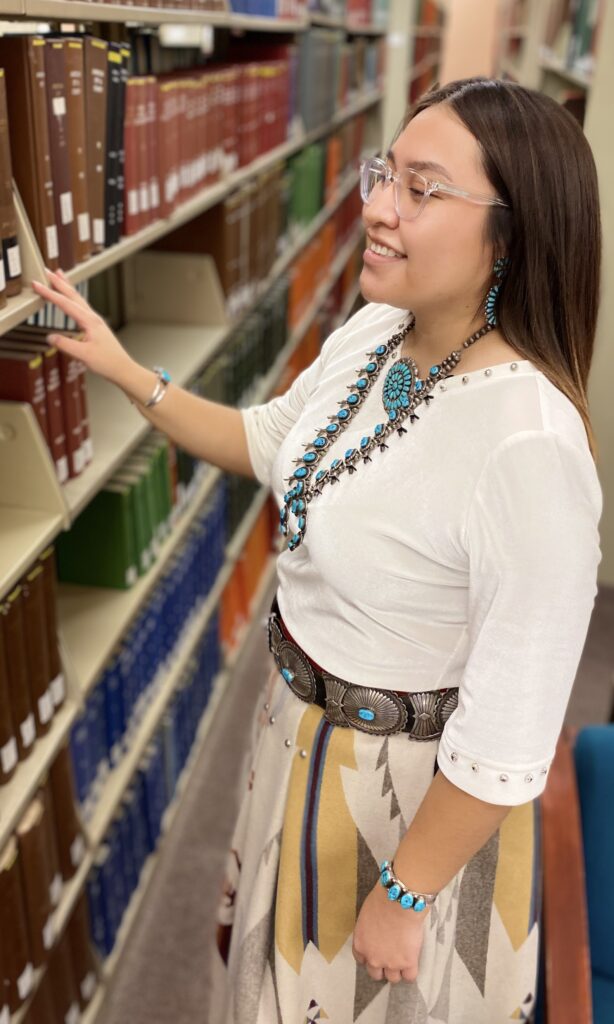
Amber Renee Archie
Post-baccalaureate Research Fellow
Amber is a post-baccalaureate research fellow in the Research and Mentoring for Post-Baccalaureates (RaMP) program at Northern Arizona University. In 2022, she earned a dual degree from NAU, graduating with a BS in Environmental and Sustainability Studies and a BA in Sociocultural Anthropology. Amber’s research interests encompass ethnobotany, botany, ecological restoration, biological conservation, and traditional ecological knowledge. Currently, her fellowship research project focuses on wind erosion mitigation and dryland restoration. This initiative involves the propagation and transplantation of various native grass and forb species on the lands of the Navajo Nation.
MEET OUR ALUMNI!
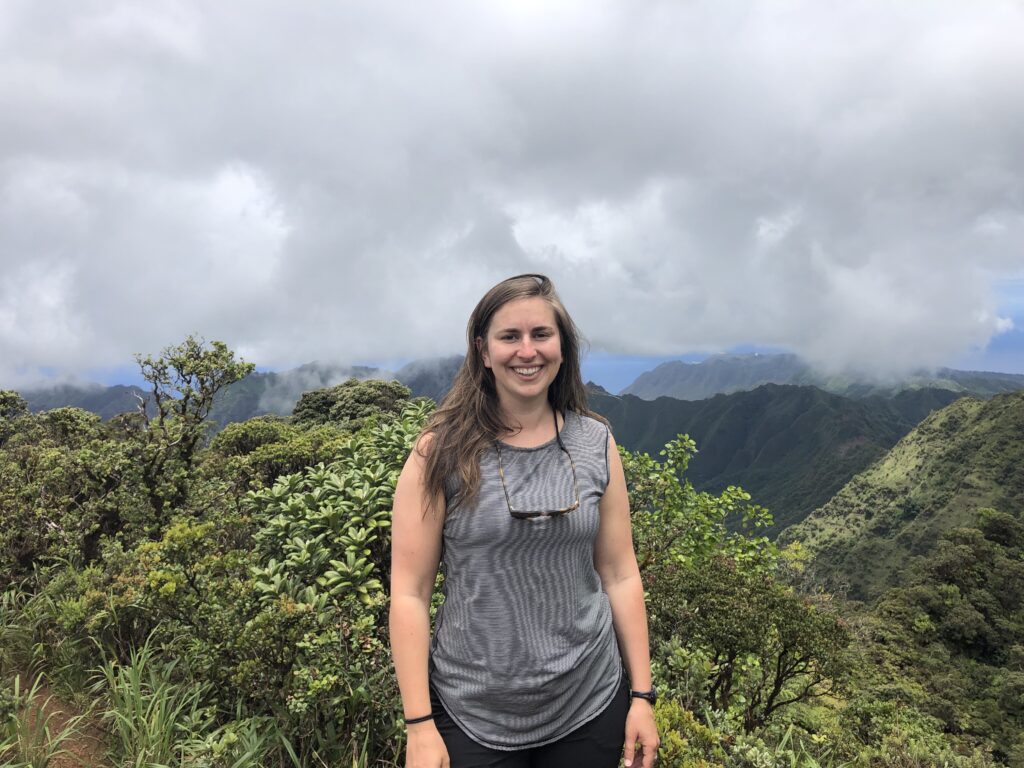
Sara Gabrielson
PhD in Biological Sciences with an Emphasis in Ecology, Evolution, and Conservation Biology & Policy 2024
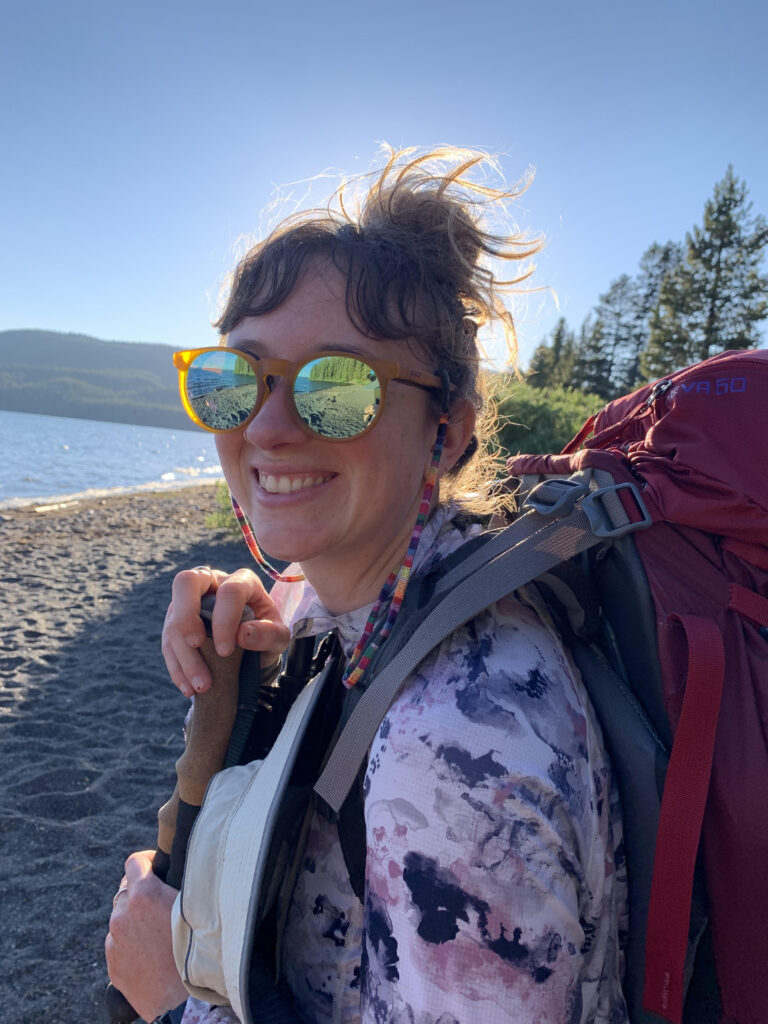
Mia Brann
MS Biological Sciences 2024

Adriana Garcia Rivera
MS Environmental Sciences & Policy 2024
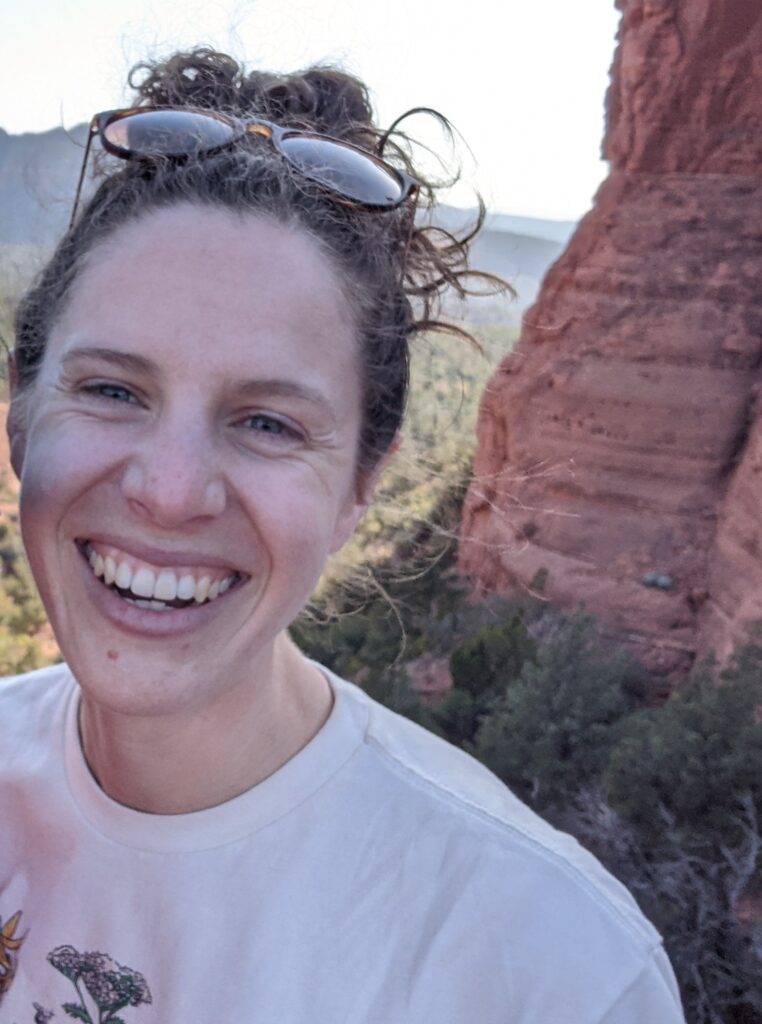
Heidi Goodrich
MS Environmental Sciences & Policy
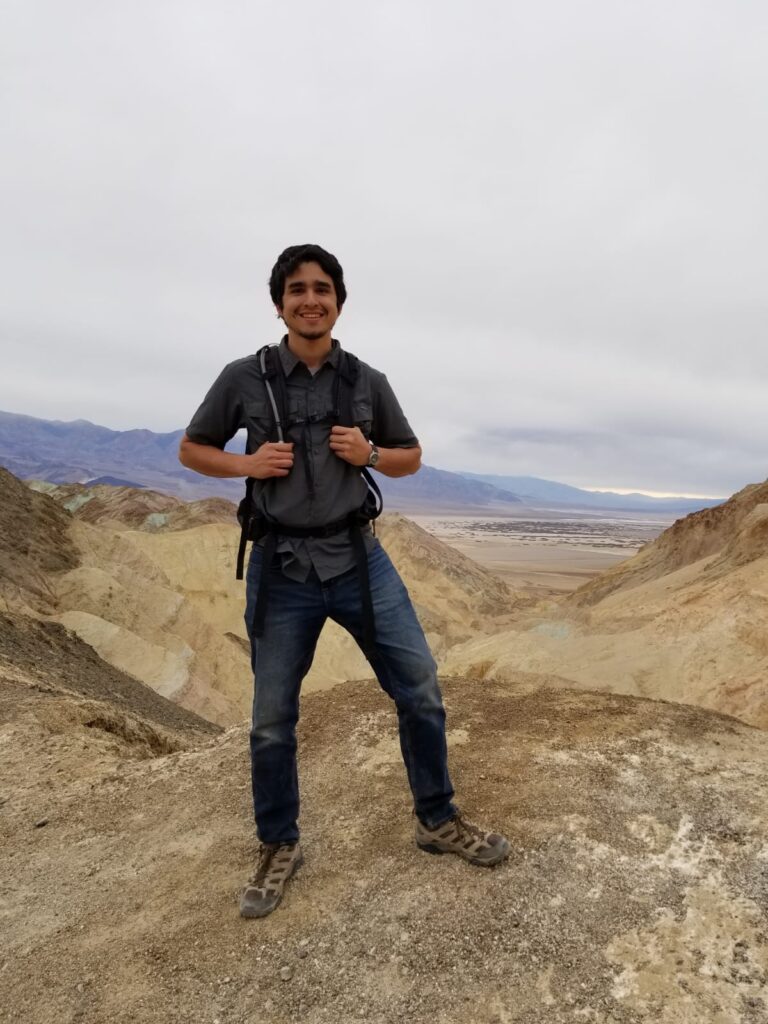
Bernardo Murrieta Molina
MS Environmental Sciences & Policy 2021
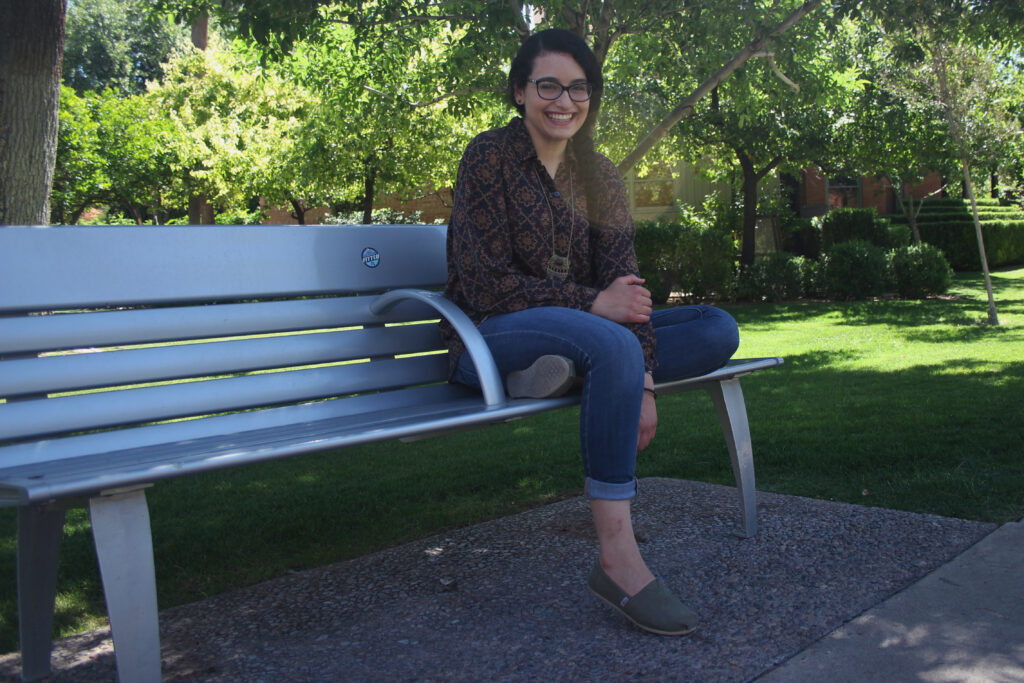
Kaci Fankhauser
MS Environmental Sciences & Policy 2021
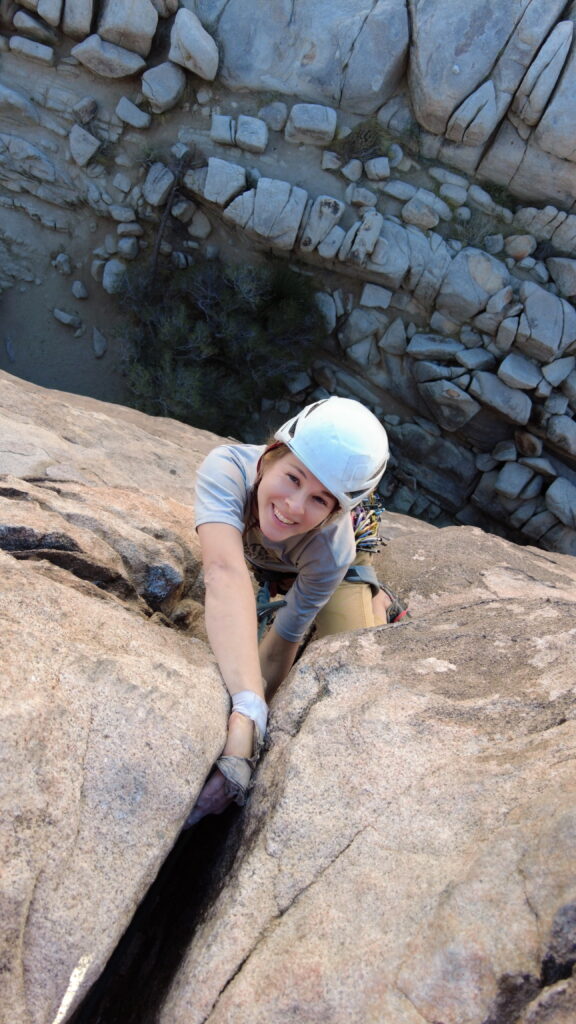
Savannah Lehnert
MS Environmental Sciences & Policy 2021
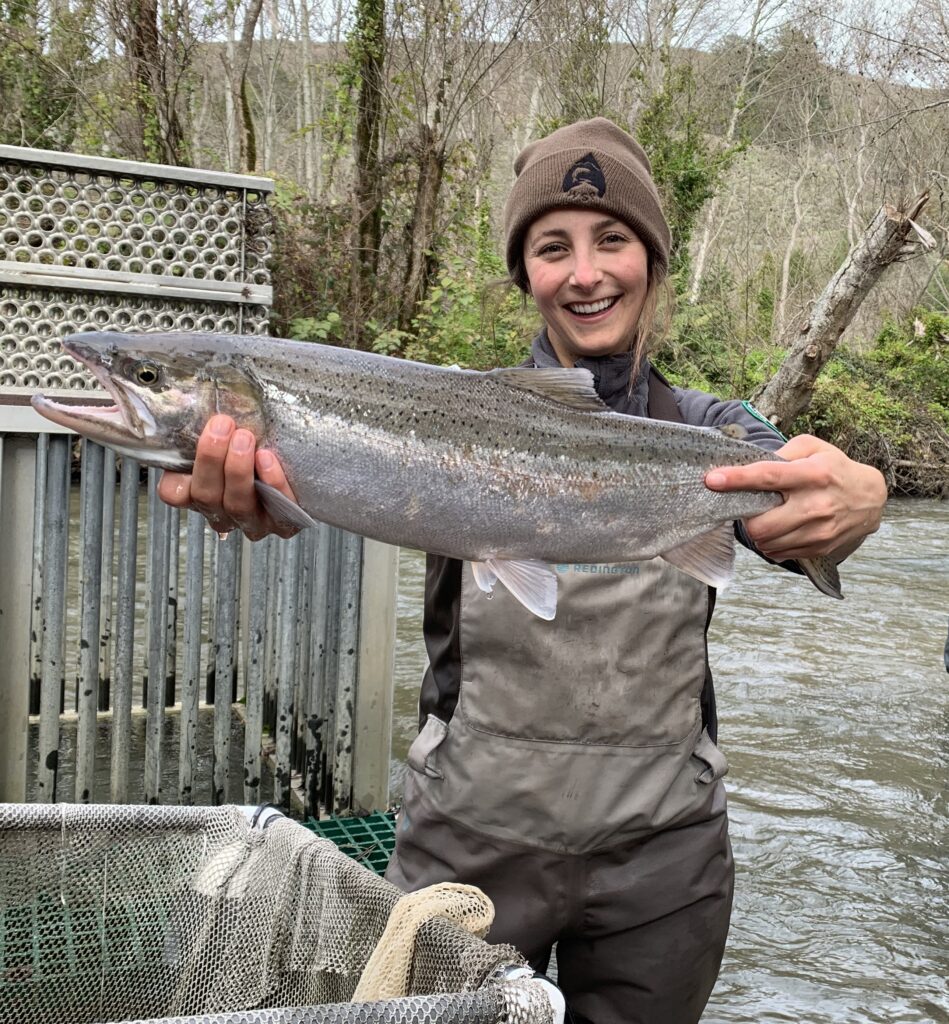
Lindsay E Hansen
MS in Environmental Sciences & Policy 2021
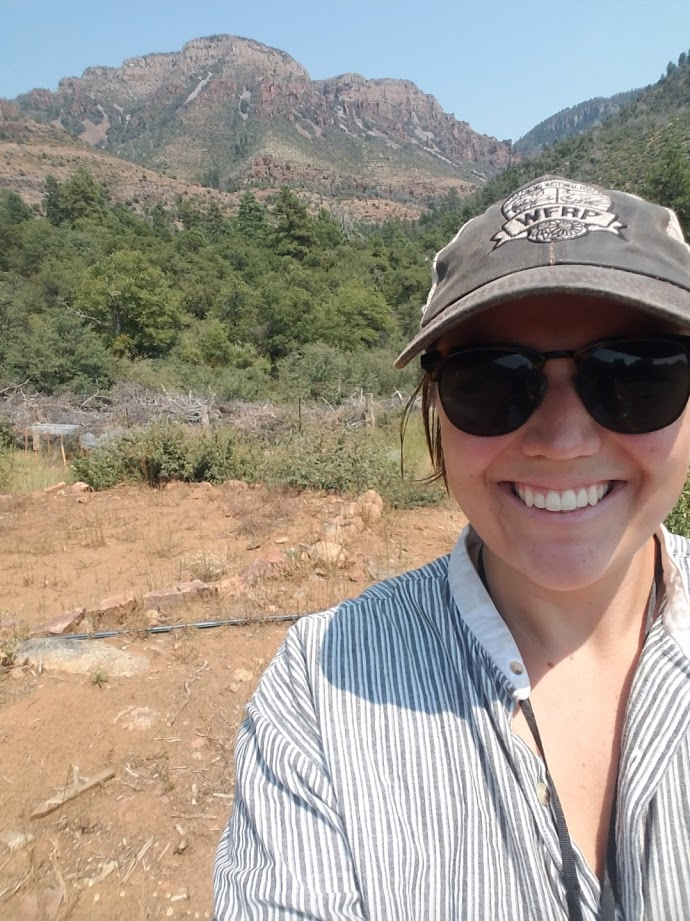
Tatia Bauer
M.S. in Biology; Ecology, Evolution, and Conservation Biology emphasis 2021
